Keep Your Teeth: Simple Habits for Post-40 Dental Health
Tooth loss doesn’t happen overnight—it’s the result of daily habits, quietly compounding over time. After forty, your dental health enters a new chapter. The enamel thins, the gums recede, and the risk of tooth loss rises—not dramatically, but gradually, through overlooked routines and delayed care. But here’s the good news: small, consistent choices can make a big difference. That’s why we’ve expanded our guide to 16 practical habits that can gently guard against tooth loss—simple, science-backed practices that preserve more than just your smile. These aren’t drastic changes; they’re mindful shifts that protect your teeth, support your gums, and sustain your confidence. Because healthy aging isn’t just about how you feel—it’s about how fully you can eat, speak, laugh, and live. Ready to keep your smile strong for decades to come? Let’s start with the habits that quietly matter most.
1. Prioritize Regular Dental Check-Ups
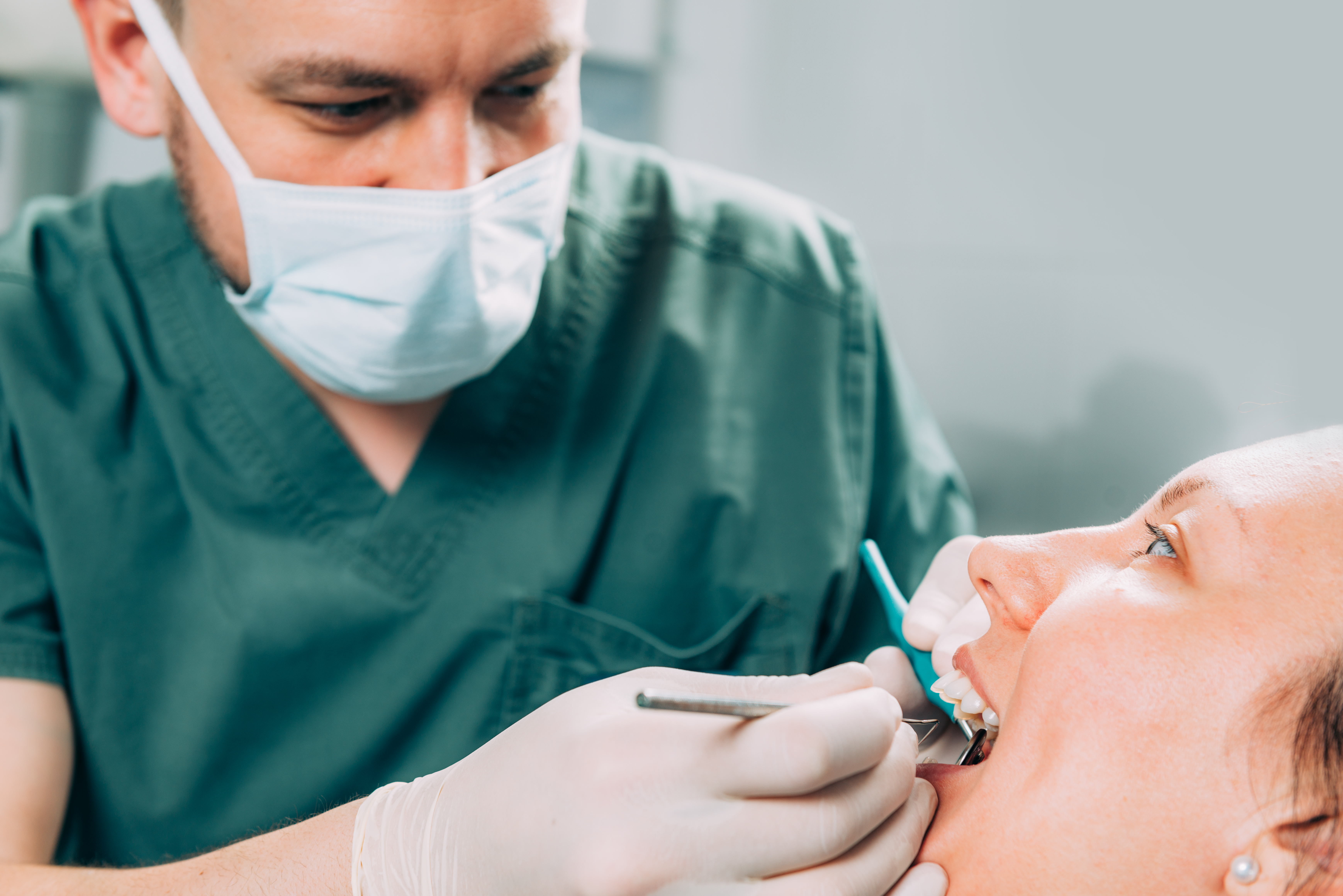
One of the most effective ways to prevent tooth loss is to schedule regular dental check-ups. After forty, your teeth and gums require more attention due to increased susceptibility to conditions like gum disease and tooth decay. Dentists can detect early signs of potential issues and provide timely interventions before they escalate into major problems. Regular appointments also allow for professional cleanings, which remove plaque and tartar that daily brushing might miss. By making dental visits a priority, you create a proactive approach to your oral health, ensuring that any problems are addressed promptly and professionally.
2. Master the Art of Proper Brushing Techniques

Brushing your teeth may seem straightforward, but mastering the correct technique is crucial for effective oral hygiene. As you age, it becomes even more important to brush at least twice a day using a soft-bristled toothbrush. The technique matters; ensure you are holding the brush at a 45-degree angle to your gums and using gentle, circular motions. Avoid brushing too hard, as this can damage the enamel and irritate the gums, potentially leading to gum recession and tooth sensitivity. Proper brushing helps remove plaque and bacteria, reducing the risk of cavities and gum disease, which are leading causes of tooth loss.
3. Embrace Flossing as a Daily Ritual
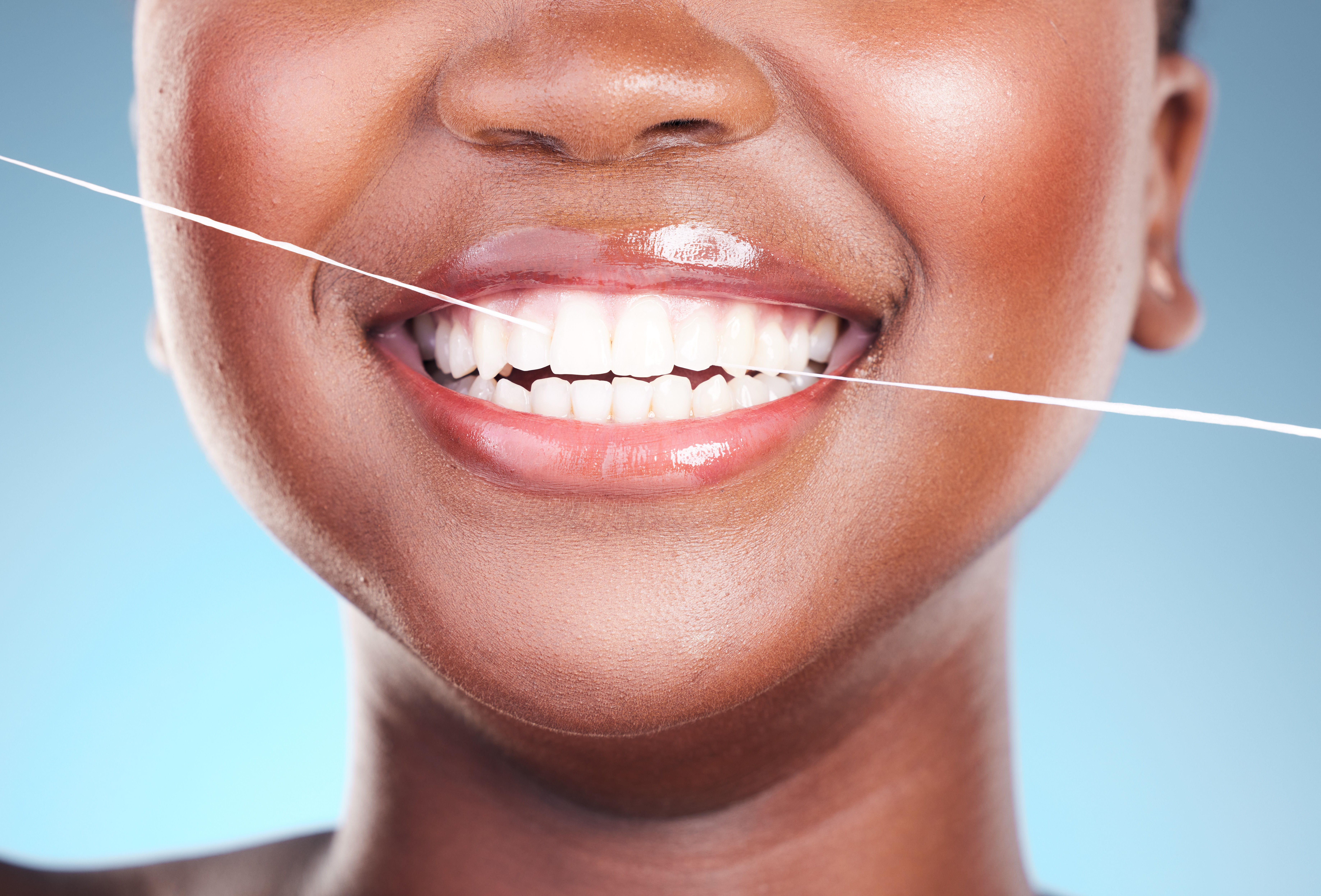
Flossing is often overlooked, yet it plays a vital role in preventing tooth loss, especially as we age. Flossing removes food particles and plaque from between the teeth and below the gum line, areas that a toothbrush cannot reach. This helps prevent the formation of cavities and the onset of gum disease, both of which can lead to tooth loss if left unchecked. Make flossing a daily ritual, ideally before bedtime, to ensure that your mouth is clean and free from harmful bacteria overnight. Embracing this habit can significantly improve your oral health and protect your teeth for years to come.
4. Adopt a Tooth-Friendly Diet

What you eat has a direct impact on your dental health. A diet rich in calcium, phosphorous, and vitamin D supports strong teeth and bones, while foods high in sugar and acid can contribute to tooth decay. After forty, it’s essential to adopt a tooth-friendly diet that includes plenty of fruits, vegetables, lean proteins, and dairy products. These foods provide the necessary nutrients to maintain healthy teeth and gums. Limiting sugary snacks and beverages can also reduce the risk of cavities and enamel erosion. By making mindful dietary choices, you support your overall health and protect against tooth loss.
5. Stay Hydrated with Water

Water is not only essential for overall health but also plays a crucial role in maintaining oral hygiene. Drinking water helps wash away food particles and bacteria, reducing the risk of tooth decay and gum disease. It also stimulates saliva production, which is vital for neutralizing acids produced by bacteria in the mouth. After forty, staying hydrated becomes even more important as saliva production may decrease with age. Make it a habit to drink plenty of water throughout the day, especially after meals, to help keep your mouth clean and your teeth well protected from potential harm.
6. Avoid Tobacco and Limit Alcohol
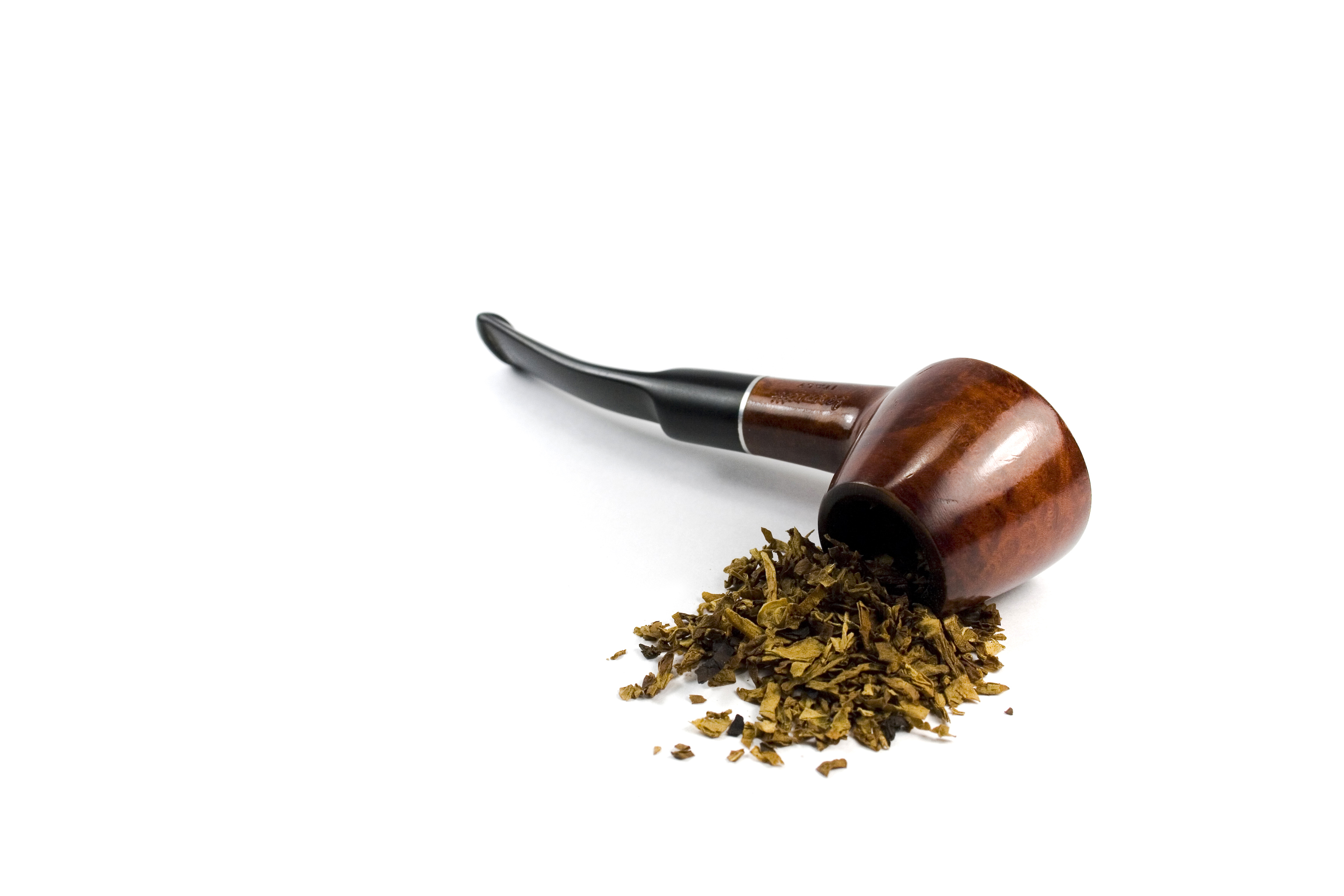
Tobacco use and excessive alcohol consumption are significant risk factors for tooth loss. Smoking can lead to gum disease by reducing blood flow to the gums and impairing the healing process. It also increases the risk of oral cancers, which can severely impact dental health. Similarly, alcohol can contribute to dry mouth and increase the likelihood of cavities and gum disease. After forty, it’s crucial to avoid tobacco and limit alcohol intake to protect your teeth and gums. By making these lifestyle changes, you reduce the risk of oral health issues and promote a healthier, longer-lasting smile.
7. Manage Stress for Better Oral Health

Stress can have a profound impact on oral health, often leading to habits like teeth grinding (bruxism) and jaw clenching, which can cause tooth wear and damage. After forty, managing stress becomes essential to prevent these habits from affecting your dental health. Incorporate stress-reduction techniques such as meditation, yoga, or deep breathing exercises into your daily routine. By effectively managing stress, you not only improve your overall well-being but also protect your teeth from unnecessary wear and potential loss. This holistic approach ensures that your mental health supports your physical health, including your oral hygiene.
8. Protect Your Teeth with a Night Guard
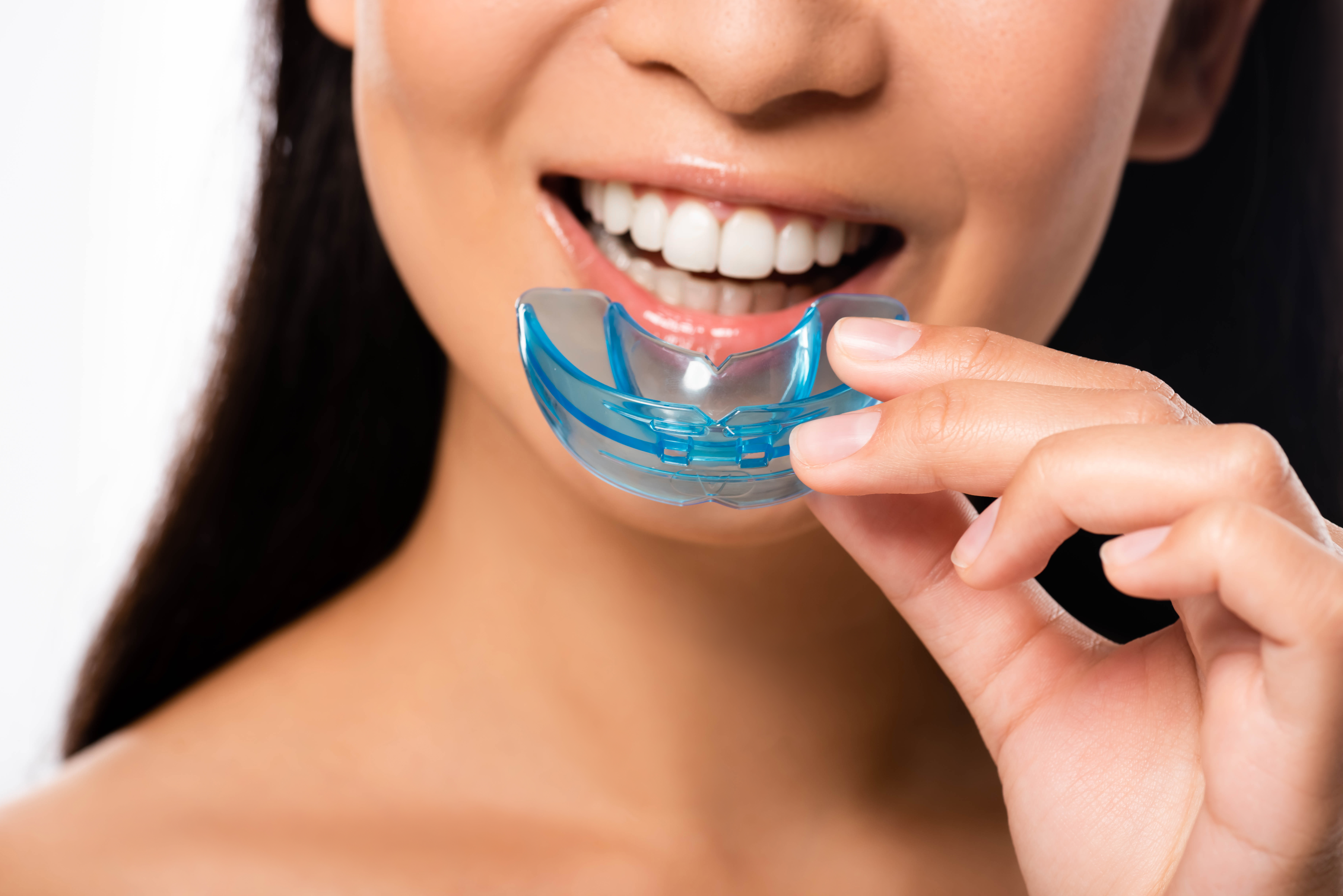
If you are prone to grinding your teeth at night, also known as bruxism, a night guard can be an invaluable tool in preventing tooth damage and loss. Bruxism is common in adults over forty and can lead to significant wear and tear on the teeth, causing chips, fractures, and even tooth loss over time. A custom-fitted night guard from your dentist can provide a protective barrier, absorbing the impact of grinding and preventing damage. By wearing a night guard, you safeguard your teeth from the effects of bruxism, ensuring they remain intact and healthy.
9. Incorporate Antimicrobial Mouthwash
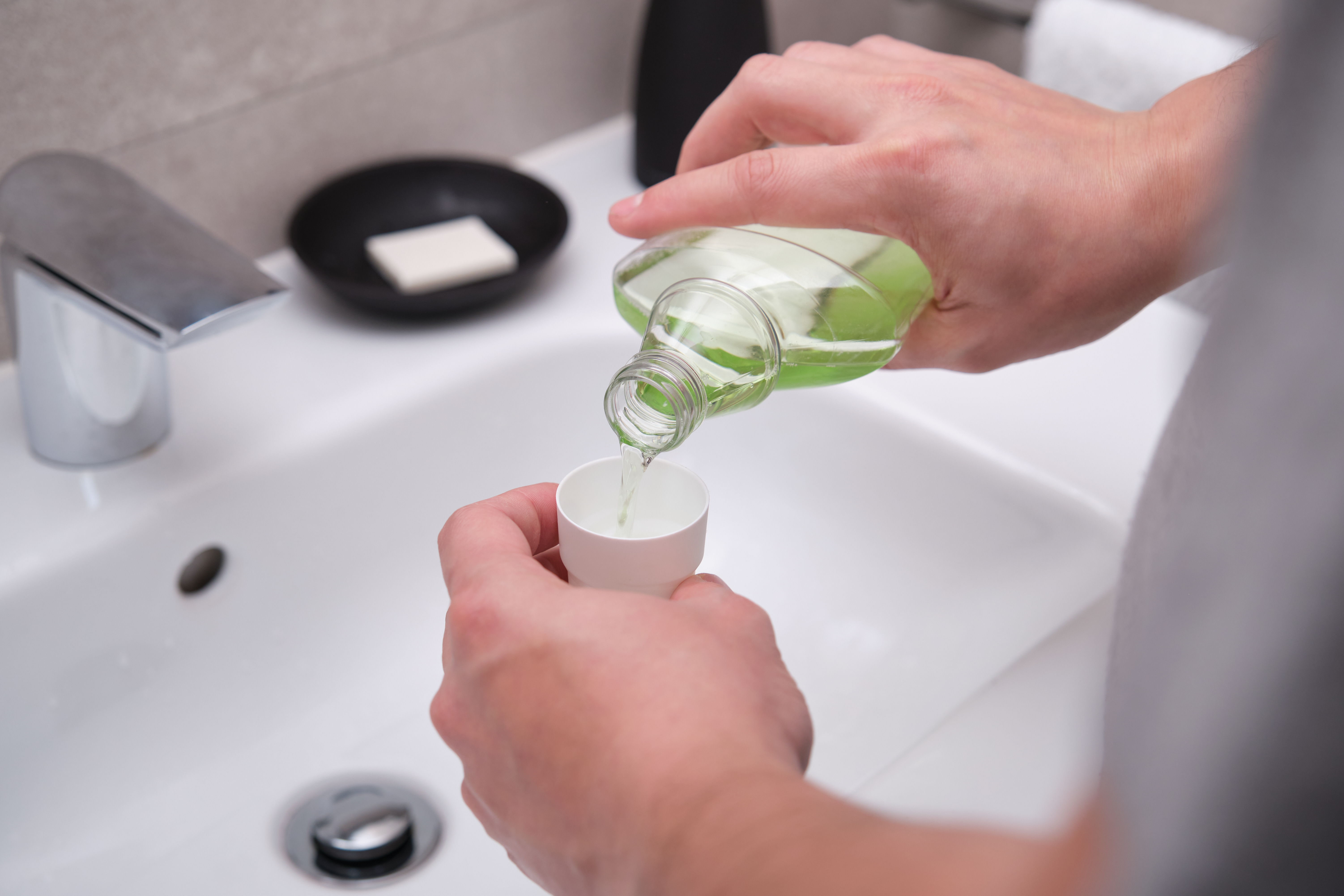
Using an antimicrobial mouthwash daily can enhance your oral hygiene routine by reducing bacteria in the mouth and lowering the risk of gum disease and tooth decay. After forty, the gums may become more susceptible to infections, making antimicrobial mouthwash an important addition to your dental care regimen. Choose a mouthwash that targets plaque and gingivitis, and use it as directed, usually after brushing and flossing. This simple habit helps maintain a healthy balance of bacteria in the mouth and complements your brushing and flossing efforts, providing an extra layer of protection against tooth loss.
10. Monitor and Address Dental Sensitivity
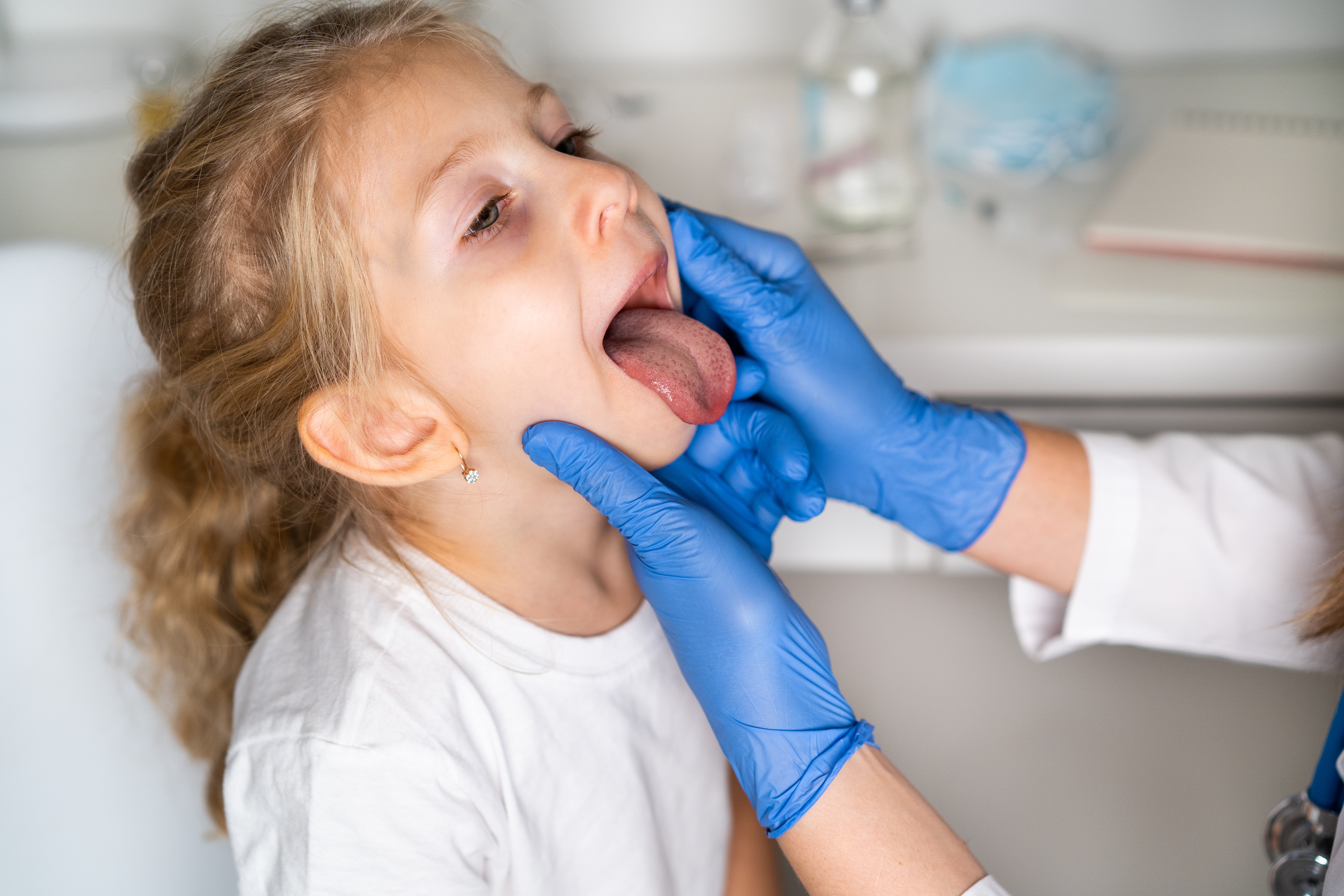
Dental sensitivity can be an early warning sign of potential oral health issues. As you age, it is important to monitor any changes in sensitivity and address them promptly with your dentist. Sensitivity can result from enamel erosion, gum recession, or cavities, all of which can lead to tooth loss if not treated. Use toothpaste designed for sensitive teeth and avoid overly acidic or sugary foods that may exacerbate the problem. By paying attention to dental sensitivity and seeking professional advice when needed, you can prevent minor issues from developing into more serious conditions that threaten your teeth.
11. Educate Yourself on Dental Health

Understanding the intricacies of dental health empowers you to make informed decisions regarding your oral care. After forty, take the time to educate yourself about the common dental issues that can arise with age and the best practices for prevention. This includes staying informed about the latest advancements in dental care and treatments. By being proactive and knowledgeable, you can work collaboratively with your dentist to create a personalized oral health plan that addresses your specific needs. Continuous education ensures you remain vigilant about your dental health, reducing the risk of tooth loss and promoting a lifetime of healthy smiles.
12. Chew Sugar-Free Gum After Meals

Chewing sugar-free gum stimulates saliva production, which is your mouth’s natural defense system. Saliva helps wash away food particles, neutralize acids, and strengthen enamel through minerals like calcium and phosphate. After forty, when dry mouth becomes more common due to aging or medications, this habit can quietly protect your teeth from decay and erosion. Choose gum with xylitol, a natural sweetener that actively fights cavity-causing bacteria. Chew for about 20 minutes after meals when brushing isn’t convenient. It’s a small, enjoyable step that supports oral hygiene on the go—and keeps your teeth cleaner, longer.
13. Pay Attention to Gum Color and Texture
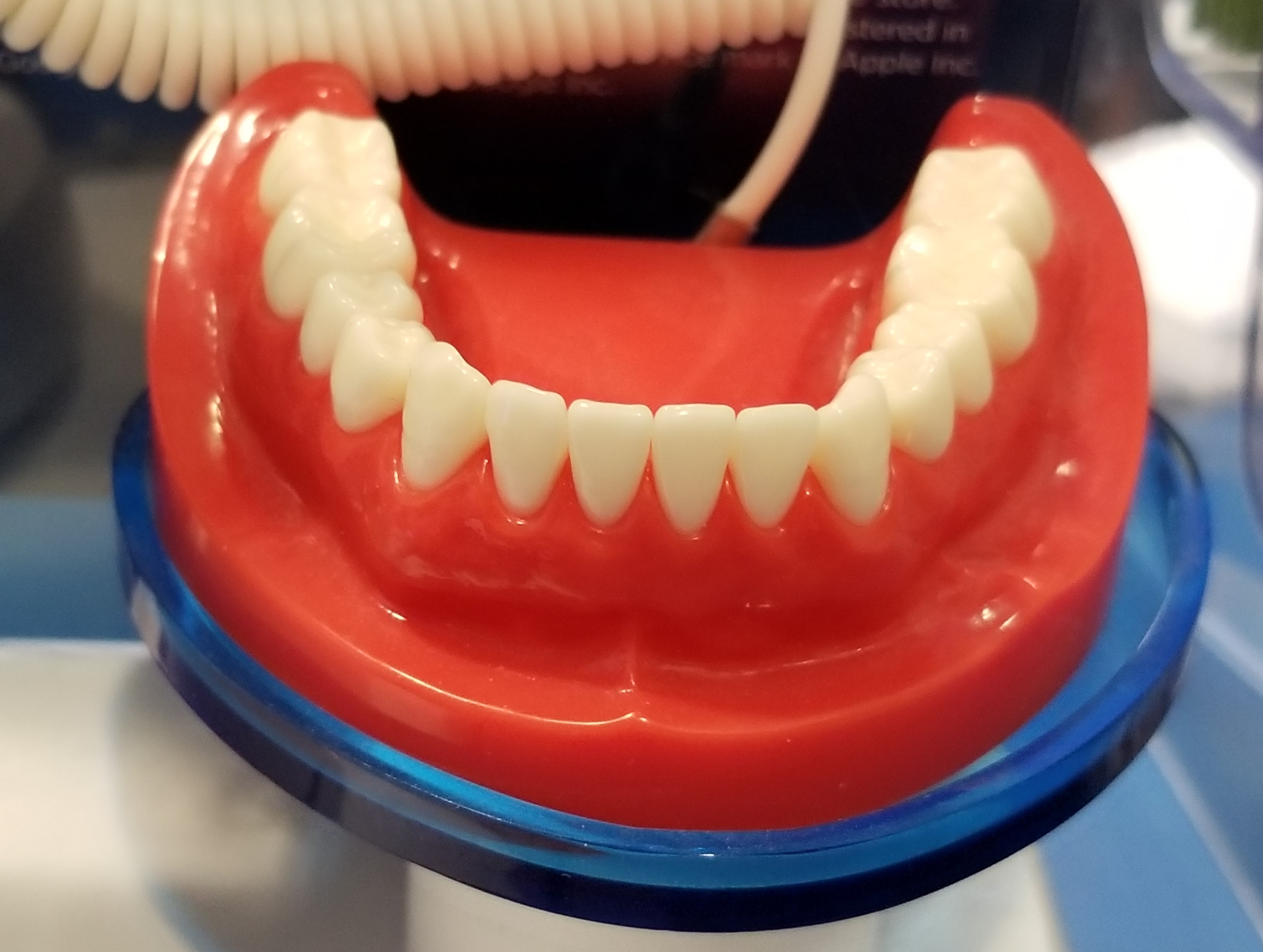
Your gums are the frontline defenders of your teeth—so any change in color, texture, or sensitivity deserves attention. Healthy gums should be firm and pink, not red, swollen, or prone to bleeding. Subtle shifts can signal early gum disease, which, if left untreated, is a major cause of tooth loss in adults over forty. Check your gums regularly when brushing and flossing. If you notice persistent inflammation or discomfort, consult your dentist promptly. Catching gum issues early means simpler treatment and stronger long-term outcomes—because protecting your teeth starts with protecting their foundation.
14. Rethink Your Snacking Habits

Frequent snacking, especially on starchy or sugary foods, creates a constant acid attack on your teeth, increasing the risk of enamel erosion and decay. After forty, your enamel is already more vulnerable—so spacing out meals and choosing smarter snacks becomes essential. Opt for tooth-friendly options like cheese, nuts, or crunchy vegetables that stimulate saliva and offer protective nutrients. Try to limit grazing throughout the day and give your mouth time to recover between meals. It’s not just what you eat—but how often—that impacts your oral health. Changing this habit can quietly make a big difference.
15. Get Screened for Sleep Apnea

Sleep apnea doesn’t just affect your breathing—it can damage your teeth. Many people with untreated sleep apnea grind their teeth during sleep, unknowingly wearing down enamel and increasing the risk of fractures and eventual tooth loss. If you wake up with jaw pain, headaches, or feel exhausted despite a full night's rest, it might be time to get screened. Treating sleep apnea can reduce bruxism and protect your teeth from chronic nighttime stress. It’s a surprising connection—but one that highlights how oral health and systemic health are more closely linked than we think.
16. Replace Your Toothbrush on Time
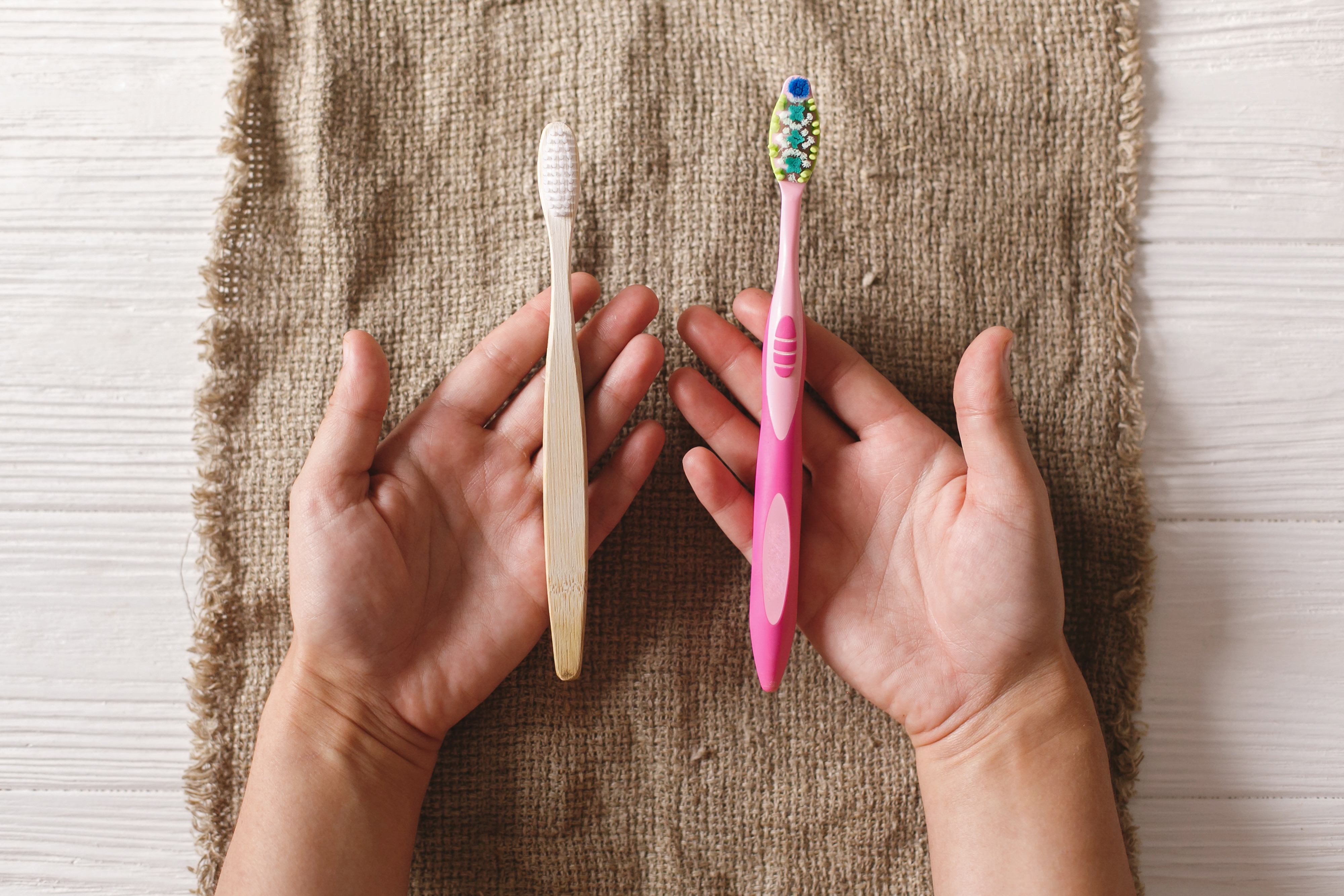
An old, frayed toothbrush isn’t just ineffective—it can actually harm your teeth and gums. Over time, worn bristles lose their cleaning power and may become too abrasive, leading to gum recession or enamel wear. Replace your toothbrush (or electric brush head) every 3–4 months, or sooner if the bristles are splayed. Mark it on your calendar, or tie it to the change of seasons. This simple switch ensures you’re brushing effectively without doing damage—a small maintenance habit that supports the long game of keeping your teeth intact and your mouth healthy.
Strong Teeth, Strong Future

Tooth loss isn’t a dramatic event—it’s a slow unraveling, shaped by daily choices you hardly notice. But that also means the power to protect your teeth lies in your hands. These 16 simple, practical habits aren’t just about clean teeth—they’re about safeguarding your ability to eat, speak, smile, and live with confidence well into the decades ahead. From the foods you choose to the way you manage stress or hydration, every small shift is a vote for long-term oral strength. And the beauty of it? It’s never too late to start. Whether you’re refining old routines or learning something new, your teeth don’t just need care—they need consistency. So take this guide not as a checklist, but as a toolkit. Your smile has carried you this far. With a little intention, it’ll carry you even further—strong, steady, and fully yours. Now that’s something worth smiling about.
